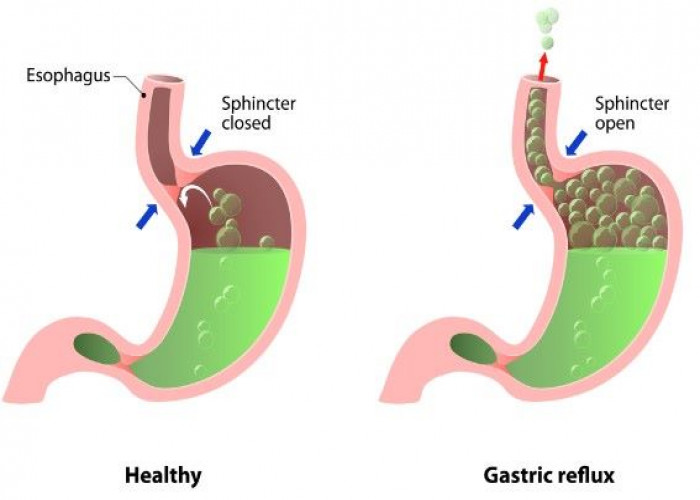 Welcome
Welcome
“May all be happy, may all be healed, may all be at peace and may no one ever suffer."
Gastroesophageal reflux disease (GERD)

Gastroesophageal reflux disease (GERD) is a chronic digestive disorder that occurs when stomach acid and, in some cases, stomach contents flow back into the esophagus. This can cause irritation, inflammation, and damage to the lining of the esophagus, leading to a variety of symptoms.
GERD is a common condition, affecting an estimated 20% of adults in the United States. The most common symptom of GERD is heartburn, a burning sensation in the chest that may be accompanied by a sour or bitter taste in the mouth. Other symptoms of GERD may include:
- Regurgitation of food or stomach acid
- Difficulty swallowing (dysphagia)
- Chest pain
- Hoarseness or sore throat
- Chronic cough
Risk factors for GERD include obesity, pregnancy, smoking, and certain medical conditions such as hiatal hernia or scleroderma.
Treatment for GERD typically involves lifestyle changes, such as avoiding trigger foods, eating smaller, more frequent meals, and avoiding lying down after eating. Over-the-counter medications such as antacids, H2 blockers, or proton pump inhibitors (PPIs) may also be recommended to help reduce acid production in the stomach. In some cases, a healthcare professional may recommend surgery to reinforce the valve between the stomach and esophagus or repair a hiatal hernia.
If left untreated, GERD can lead to complications such as esophagitis, Barrett's esophagus (a precancerous condition), or even esophageal cancer. If you are experiencing symptoms of GERD, it is important to seek medical attention for an accurate diagnosis and appropriate treatment.
Research Papers
Disease Signs and Symptoms
- Heartburn
- Cough with asthma
- Asthma
- Cough
- Throat lump
- Acid regurgitation
- Difficulty swallowing (dysphagia)
- Chest pain
- Chest burning
- Chronic cough
Disease Causes
Gastroesophageal reflux disease (GERD)
GERD is caused by frequent acid reflux.
When you swallow, a circular band of muscle around the bottom of your esophagus (lower esophageal sphincter) relaxes to allow food and liquid to flow into your stomach. Then the sphincter closes again.
If the sphincter relaxes abnormally or weakens, stomach acid can flow back up into your esophagus. This constant backwash of acid irritates the lining of your esophagus, often causing it to become inflamed.
Disease Prevents
Disease Treatments
Your doctor is likely to recommend that you first try lifestyle modifications and over-the-counter medications. If you don't experience relief within a few weeks, your doctor might recommend prescription medication or surgery.
Over-the-counter medications
The options include:
- Antacids that neutralize stomach acid. Antacids, such as Mylanta, Rolaids and Tums, may provide quick relief. But antacids alone won't heal an inflamed esophagus damaged by stomach acid. Overuse of some antacids can cause side effects, such as diarrhea or sometimes kidney problems.
- Medications to reduce acid production. These medications — known as H-2-receptor blockers — include cimetidine (Tagamet HB), famotidine (Pepcid AC) and nizatidine (Axid AR). H-2-receptor blockers don't act as quickly as antacids, but they provide longer relief and may decrease acid production from the stomach for up to 12 hours. Stronger versions are available by prescription.
- Medications that block acid production and heal the esophagus. These medications — known as proton pump inhibitors — are stronger acid blockers than H-2-receptor blockers and allow time for damaged esophageal tissue to heal. Over-the-counter proton pump inhibitors include lansoprazole (Prevacid 24 HR) and omeprazole (Prilosec OTC, Zegerid OTC).
Prescription medications
Prescription-strength treatments for GERD include:
- Prescription-strength H-2-receptor blockers. These include prescription-strength famotidine (Pepcid) and nizatidine. These medications are generally well-tolerated but long-term use may be associated with a slight increase in risk of vitamin B-12 deficiency and bone fractures.
- Prescription-strength proton pump inhibitors. These include esomeprazole (Nexium), lansoprazole (Prevacid), omeprazole (Prilosec, Zegerid), pantoprazole (Protonix), rabeprazole (Aciphex) and dexlansoprazole (Dexilant). Although generally well-tolerated, these medications might cause diarrhea, headache, nausea and vitamin B-12 deficiency. Chronic use might increase the risk of hip fracture.
- Medication to strengthen the lower esophageal sphincter. Baclofen may ease GERD by decreasing the frequency of relaxations of the lower esophageal sphincter. Side effects might include fatigue or nausea.
Surgery and other procedures
GERD can usually be controlled with medication. But if medications don't help or you wish to avoid long-term medication use, your doctor might recommend:
- Fundoplication. The surgeon wraps the top of your stomach around the lower esophageal sphincter, to tighten the muscle and prevent reflux. Fundoplication is usually done with a minimally invasive (laparoscopic) procedure. The wrapping of the top part of the stomach can be partial or complete.
- LINX device. A ring of tiny magnetic beads is wrapped around the junction of the stomach and esophagus. The magnetic attraction between the beads is strong enough to keep the junction closed to refluxing acid, but weak enough to allow food to pass through. The LINX device can be implanted using minimally invasive surgery.
- Transoral incisionless fundoplication (TIF). This new procedure involves tightening the lower esophageal sphincter by creating a partial wrap around the lower esophagus using polypropylene fasteners. TIF is performed through the mouth with a device called an endoscope and requires no surgical incision. Its advantages include quick recovery time and high tolerance.
- If you have a large hiatal hernia, TIF alone is not an option. However, it may be possible if TIF is combined with laparoscopic hiatal hernia repair.
Disease Diagnoses
Disease Allopathic Generics
Disease Ayurvedic Generics
Disease Homeopathic Generics
Disease yoga
Gastroesophageal reflux disease (GERD) and Learn More about Diseases

Thumb arthritis
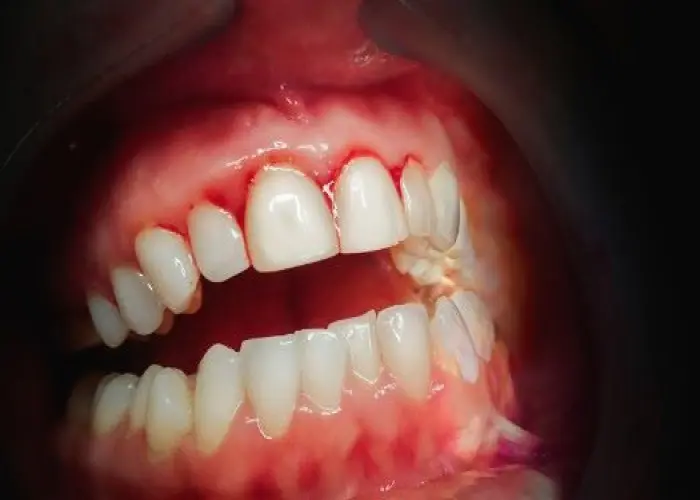
Gingivitis

Brucellosis

Angina
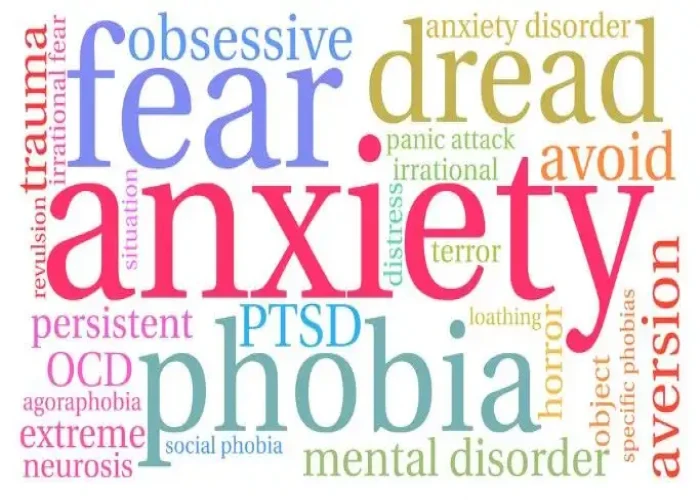
Specific phobias

Ebola virus and Marburg virus
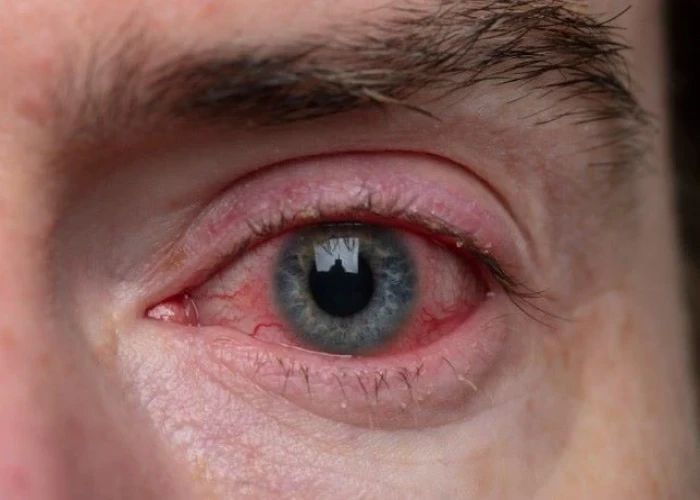
Pink eye (conjunctivitis)
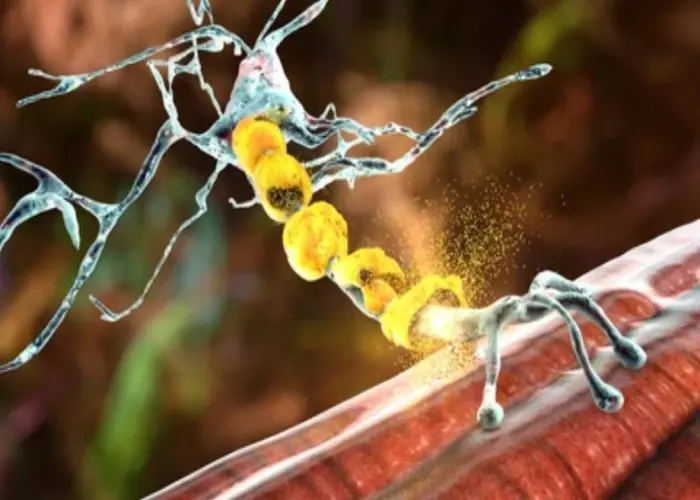
Charcot-Marie-Tooth disease
gastroesophageal reflux disease, derd, গ্যাস্ট্রোসফেজিয়াল রিফ্লাক্স ডিজিজ, জিইআরডি
To be happy, beautiful, healthy, wealthy, hale and long-lived stay with DM3S.
